Regulated and Security
Digitized Compliance
Bringing transparency, security, and efficiency to governments.
New certifications are bringing compliance to more product categories than ever, from timber to electronic devices. But this also creates incentives for fraud and illicit activity.
For government authorities, public health and safety have long been the aims of product regulation and indirect taxation. Concerns around sustainability and environmental impact are extending the list of controlled products, and introducing new compliance regimes and responsibilities. Attempts to evade such regulations are inevitable, and Tracit includes several categories in its assessment of illicit trade, from petroleum and agrochemicals to precious metals and timber. They place the value of illicit forestry products at between $51 to $152 billion alone.
Fuel fraud is increasing, with an estimated $133 billion lost to stolen fuel annually.
According to the World Bank, governments lose around $10-15 billion because of illegal logging each year, and illegal logging could account for as much as 90% of all logging activity in some regions. In response, new forms of certification and type approval programs, as well as fuel and timber marking, are being introduced. Traceability and authentication already play a central role in controlling tobacco and alcohol. However, the characteristics of materials such as timber and fuel add complexities to these solutions when conventional labels or stamps are impractical.
Enforcing on multiple forms of regulation requires an integrated approach to security.
Regardless of the product, the fundamentals of product origin and supply chain event reporting remain as valid as ever in overseeing products from inception to purchase. The OpSec traceability and compliance platform is a comprehensive approach to managing unique product identities (UIDs) and metadata, event declarations, and reporting. Its ability to integrate with partner systems, features, and equipment is essential to its flexibility.





